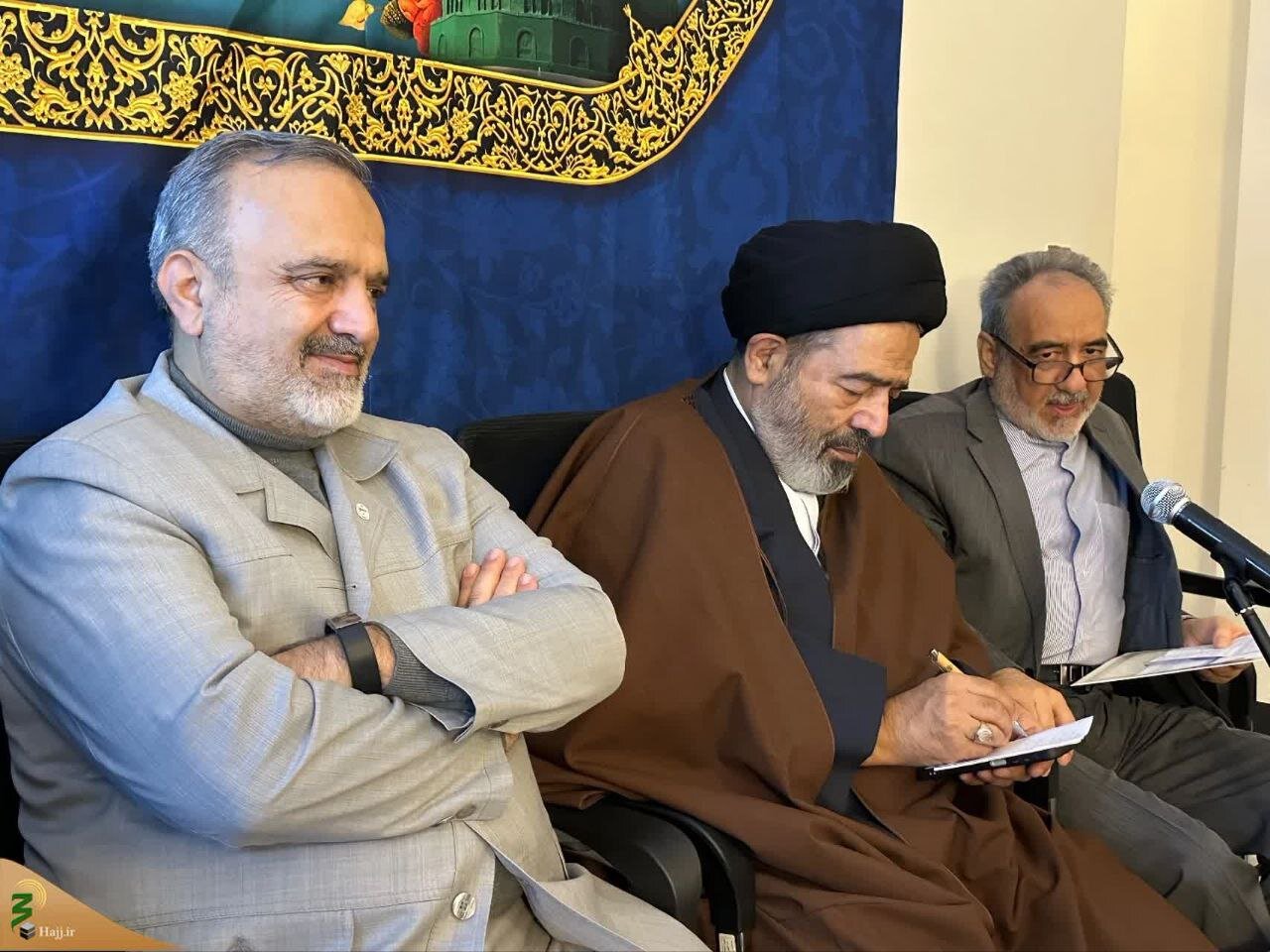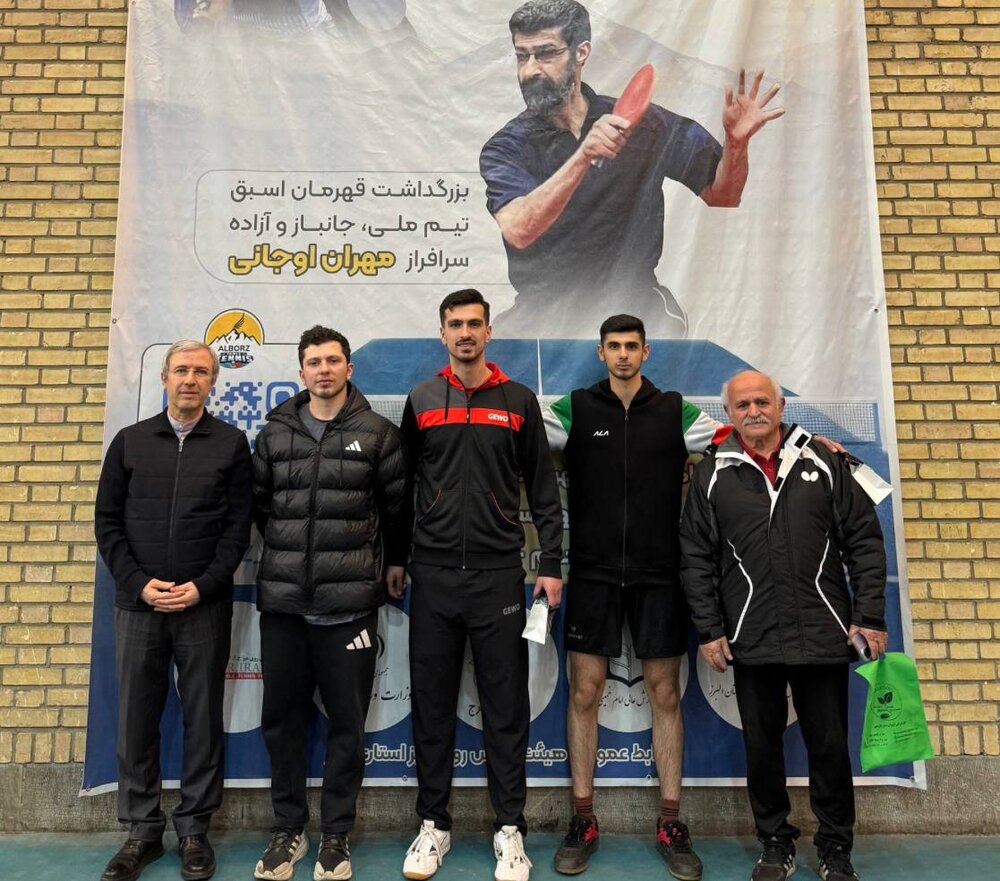Nepal: Revolutionary 'Gen Z' protests spark global solidarity
Nepal: Revolutionary 'Gen Z' protests spark global solidarity

Nepal has been engulfed in its deadliest unrest in years this week after the government banned major social media platforms on Thursday, triggering a wave of demonstrations led largely by youth.
The unrest, widely dubbed the "Gen Z" protest, began on Monday, sparked by anger over restrictions on freedom of expression. It quickly escalated into a broader uprising against corruption, political patronage, and entrenched inequality.
Protesters erected barricades, set tyres alight, and clashed with officers in some of the most violent scenes since the end of the civil war in 2006.
Security forces responded with force. Police fired live ammunition, tear gas, and rubber bullets into crowds.
Within hours of last week's ban, thousands began pouring onto the streets of the capital, Kathmandu, and other cities, with social media users not holding back their criticism. For many young Nepalis, who rely heavily on these platforms for communication, work, and activism, the move was seen as an attack on their freedoms.
Nepali officials had stated that platforms such as Facebook, X, and YouTube, among others, had failed to register under the country's new regulations.
At least 25 people were killed and more than 600 others were wounded, according to rights groups and local media.
In a dramatic turn of events, Nepal Police who shot and killed at least 25 protestors, have surrendered to the Gen Z’s.
— Francis Gaitho (@FGaitho237) September 10, 2025
The same can happen in Kenya if you ensure you’re not consuming propaganda from part-time sluts and full-time NIS rats like @Honeyfarsafi and @Nyandia_G . pic.twitter.com/mHqXiwRVNS
The scale of the unrest forced the government to deploy the army. Soldiers were stationed across the capital, while authorities imposed an indefinite curfew in an attempt to restore order. Despite the restrictions, protesters continued to gather, chanting slogans against the political elite and demanding the resignation of Prime Minister KP Sharma Oli.
In a move to stop protest against corruption and economic woes, Nepal banned social media. Millions took to the street. Govt lifted the ban but protests escalated forcing the Prime Minister to resign. Today, the people have set parliament on fire: Representatives < Represented! pic.twitter.com/26eqgEmhW8
— DomiNICK (@domynych) September 9, 2025
On Monday, Oli announced he was stepping down after days of chaos, though he will remain in office as caretaker until a new arrangement is decided. His resignation marked a dramatic turn in a crisis that has shaken Nepal’s fragile democracy and left many questioning the country’s leadership.
Within 48 hours, the Gen Z-led revolution in Nepal:
— Ariana Jasmine (@arianajasmine__) September 9, 2025
-Burned the parliament down
- Burned down a bunch of their politicians’ houses
- Forced the Prime Minister to resign
A revolution done by Gen Z, for the next generations to come. pic.twitter.com/QgKhkUkjRU
Protesters also stormed government buildings, setting fire to parliament and ruling party offices. The destruction symbolised, for many, deep frustration with a political system widely seen as corrupt and unresponsive to citizens’ needs.
In a bid to ease tensions, the government lifted the social media ban and promised a package of concessions: financial compensation for the families of those killed, free medical care for the wounded, and the creation of a 15-day commission to investigate the crackdown.
Critics, however, argue that such steps are unlikely to calm a movement that has grown into something much larger than its original cause.
Many on social media said it was “shameful” for international media to frame Nepal’s Gen Z protest as being only against the social media ban, while the bigger picture represents anger towards corruption.
It’s shameful to see international media framing Nepal’s Gen Z protest as merely against the social media ban. That’s not what it is about. The protest was—and still is—against a corrupt system, unchecked government privileges, and years of exploitation. Reducing it to just the… pic.twitter.com/qd3WKRUtDi
— sunny (@thePiggsBoson) September 8, 2025
Many have described the demonstrations as Nepal’s “Gen Z revolution.” The protests have revealed generational anger at a political class dominated by older leaders who have rotated in and out of power for decades.
You can see a banner "Youth against corruption" in the video shared by Propaganda News agency. But still want you to believe that the GenZ protest in Nepal was against the ban on Facebook Instagram and WhatsApp. https://t.co/FDitNu98KK pic.twitter.com/XUr1chkHLs
— Mohammed Zubair (@zoo_bear) September 9, 2025
With Oli gone, demonstrators are now pushing for a caretaker government led by figures outside the political establishment. One widely discussed option is former chief justice Sushila Karki, who has been floated as a credible interim leader due to her reputation for integrity.
Many commentators said that whether such a proposal gains traction remains to be seen, but it reflects how far the movement has already shifted Nepal’s political conversation.
What began as anger over a social media ban has evolved into a generational demand for accountability and reform.











